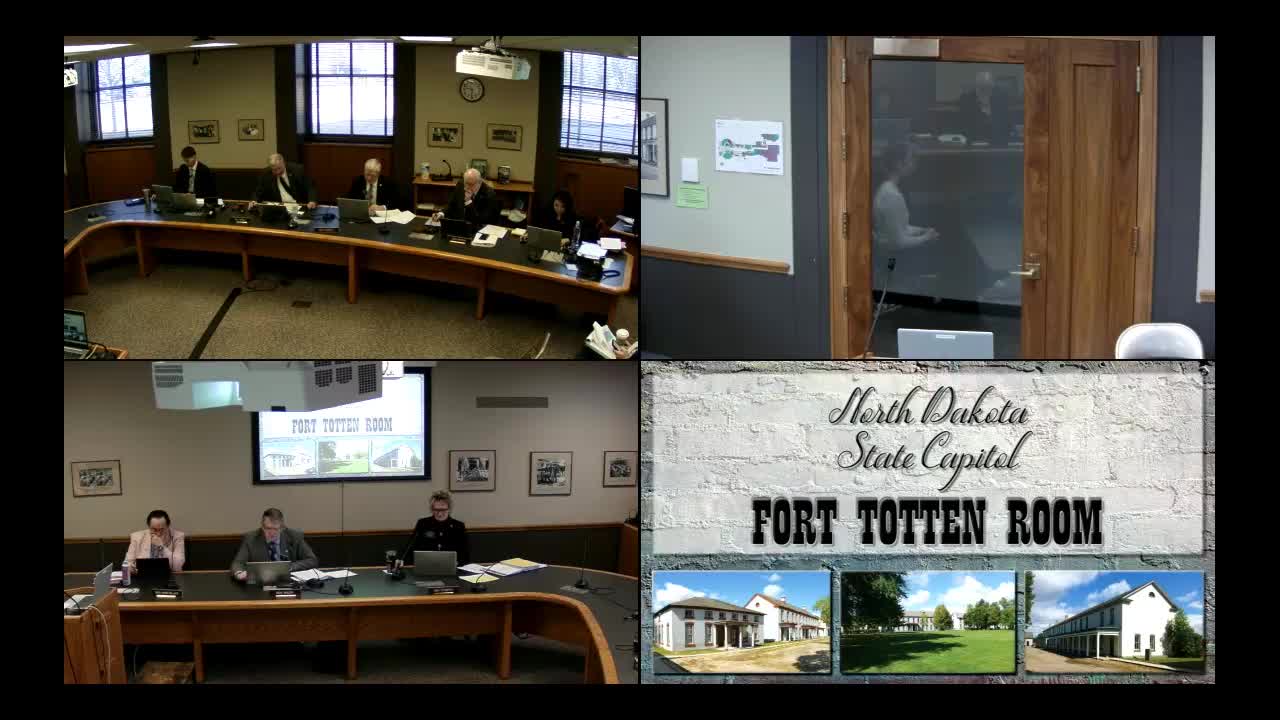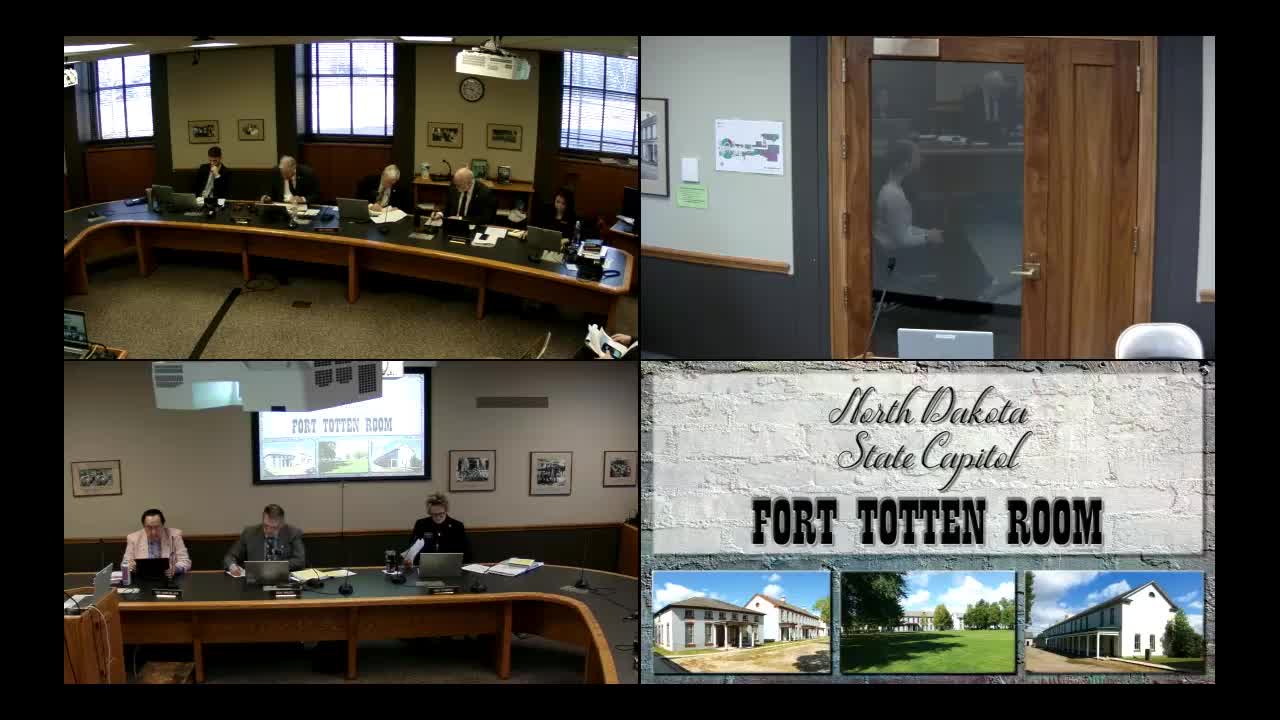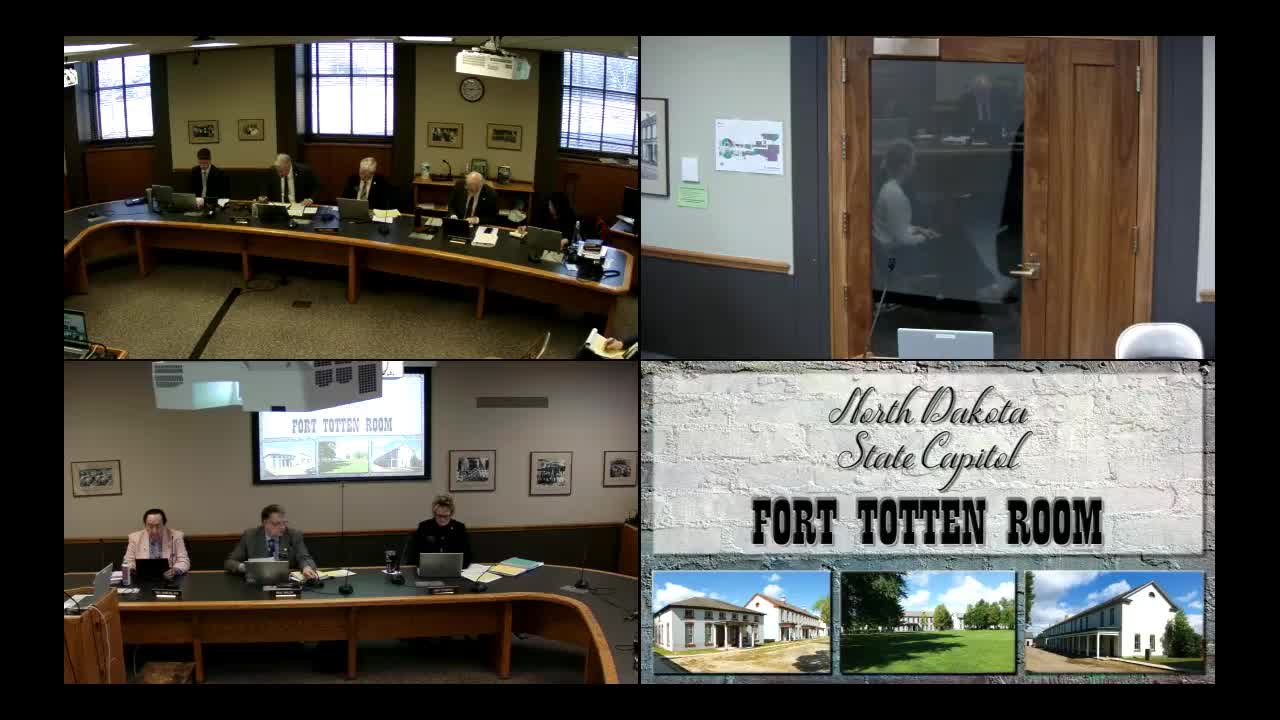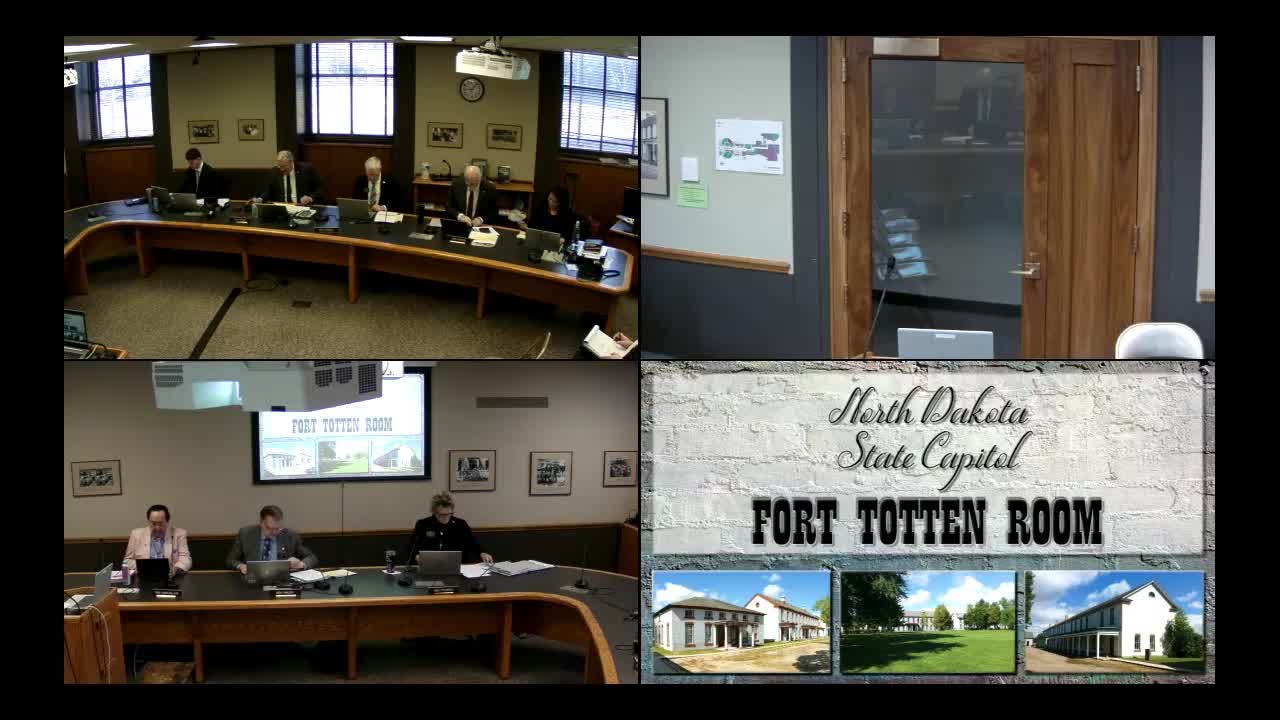Article not found
This article is no longer available. But don't worry—we've gathered other articles that discuss the same topic.

Committee appoints conferees after concerns raised about childcare employer tax credit amendment

Committee recommends "do not pass" on study to provide additional legislative staff

Committee approves amendment to oil production deduction; bill passes as amended

